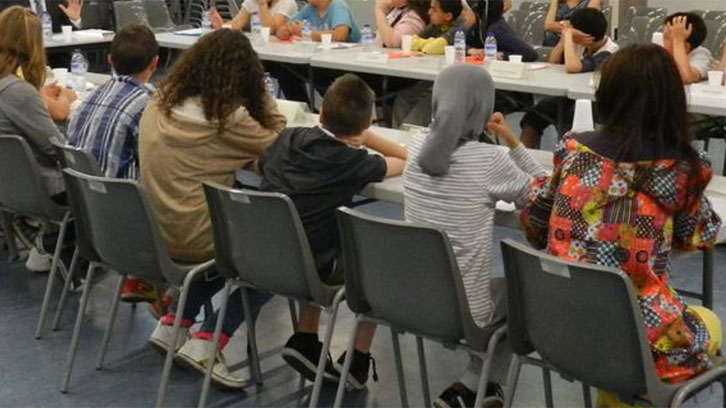Citizenship Education and Identity

In this article, we compare how Catalan and English students approach the controversial relationship between ‘citizenship’ and ‘identity’. Citizenship can be understood as a legal status as well as a subjective identity.
The relationship between ‘citizenship’ and ‘identity’ is strongly contested in both England and Catalonia. They both have complex national histories, relations with others inside and outside the state (e.g. Scotland, Castile, the role of the EU) and demographic diversity. The research took place when issues of national and other identities were prominently discussed in the media and elsewhere and when significant changes were being introduced in both locations regarding citizenship education as a specific curriculum subject and also in the wider context of education and schooling.
In this research, we discuss how English and Catalan students perceive themselves as members of communities and as citizens and the role of schools in these perceptions. We collected data through questionnaires and interviews from 583 secondary school students in a total of 9 schools that were known for their commitment to citizenship education in England and Catalonia. We did not intend to obtain nationally representative samples but rather to gain in-depth knowledge of the data and to discuss the implications of these results for the differing purposes of citizenship education. In our results we identify some major differences between Catalan and English students.
First, Catalan students tend to recognize fewer identities than the English students. Whereas English students identify themselves more frequently with religion, places, gender and friendship groups, Catalan students identify themselves with political and with age groups as well as with ‘the students’.
Second, whilst English students in our sample understand citizenship in terms of a subjective identification, Catalan students perceive citizenship as a legal and externally assigned status. We also identify some similarities between both groups. Neither the Catalan nor the English students seem to have any strong sense of European or Global belonging.
We conclude highlighting that more research is needed to investigate how the global and European dimension of citizenship can be considered in school-based citizenship education. We also emphasize that the recent curricular reforms in England and Spain will probably not contribute to more inclusive approaches to citizenship education.
References
Edda Sant, Ian Davies and Antoni Santisteban. Citizenship and Identity: The Self-Image of Secondary School Students in England and Catalonia. British Journal Of Educational Studies 2016, vol. 64, Iss 2, p. 235-260.


